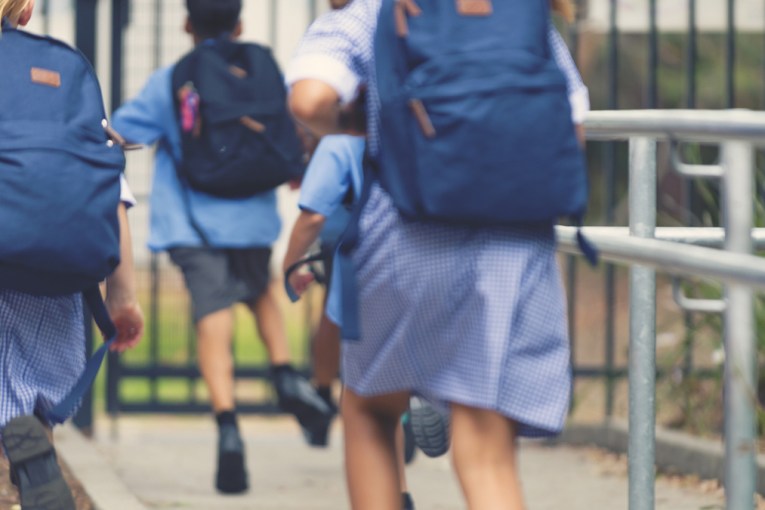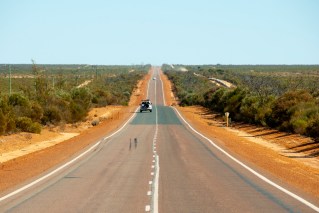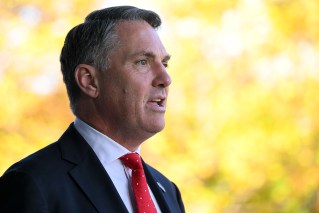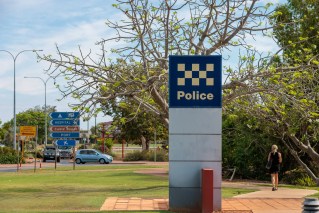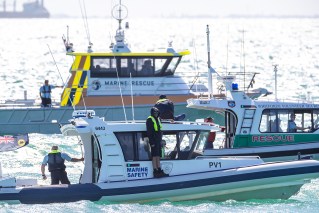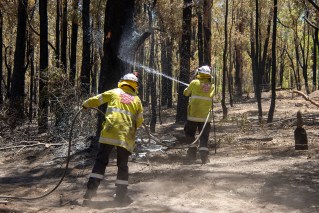Opinion divided over laws in WA that will allow some children to consent to for electric shock treatment
Mental health laws have been introduced in Western Australia that will allow some teenagers to consent to electric shock treatment.
Under the new laws, children as young as 14 can agree to what is now known as electro-convulsive therapy.
The Barnett Government says the laws give patients greater say in their treatment, but the medical profession is divided on the benefits of this type of therapy.
Electric shock therapy, as it is often referred to, is described by many psychiatrists as a last-resort medical treatment.
It induces controlled seizures in a patient as electric currents are passed through electrodes placed on the head.
It is used to treat severe depression, bipolar and schizophrenia, but Professor Garry Walter from the University of Sydney says how it works remains a mystery.
“While the precise mechanism is unknown, the same is true of many treatments in medicine,” he said.
“It would seem that the production of a seizure is important for its effectiveness. More importantly, it’s a treatment that has been shown over many decades to be safe and effective.”
WA Health Minister Kim Hames says the new Mental Health Bill provides support for patients, families and carers.
“The bill is a progressive and effective tool to, first and foremost, promote and protect the rights of the persons with severe mental illness, in addition to, importantly, promoting access to mental health treatment, care and support,” he said.
But Dr Judy Hyde, the president of the Australian Clinical Psychology Association, says the medical profession is divided on the issue.
“I know that I certainly have patients who, I seriously believe, would not be alive today had they not undergone this treatment,” she said.
“However, I do have a patient who has serious memory problems as a result of the treatment.
“A 14 year-old who is depressed, suicidal, is not in a position to be able to make a decision that is objective.
“It’s quite a serious thing to be thinking about and should only be done in the most exceptional of circumstances.”
ECT done rarely on children
Professor Paul Skerritt, a psychiatrist and spokesman for the Australian Medical Association, says people should not be worried about electric shock treatment.
“The evidence for safety was established before the treatment was introduced. The treatment was given to a very large number of dogs in Italy before it was given to humans and it was established that you could cut these dogs’ brains up and there was absolutely no evidence of any damage whatsoever, so that’s complete mass hysteria.”
Professor Skerritt says there is no proof ECT is beneficial for children because it is something that is done rarely.
“If it is given to children, it would be in highly exceptional circumstances and in circumstances that are so rare that it would be impossible to provide that sort of proof,” he said.
WA’s Commissioner for Children and Young People, Michelle Scott, provided a submission to the Government about ECT.
She said the therapy should be prohibited for all children and young people.
Ms Scott said if ECT was to remain in young people, the age limit should be lifted to 16.
Professor Walter has also published a book on the issue. He says there is no evidence that ECT is dangerous in children, but says there are some side-effects.
“Transient headaches, temporary and mild confusion and memory problems which go over the course of treatment.
“There is no evidence that ECT in young people leads to permanent memory loss or any other damage to the mind or brain.”
